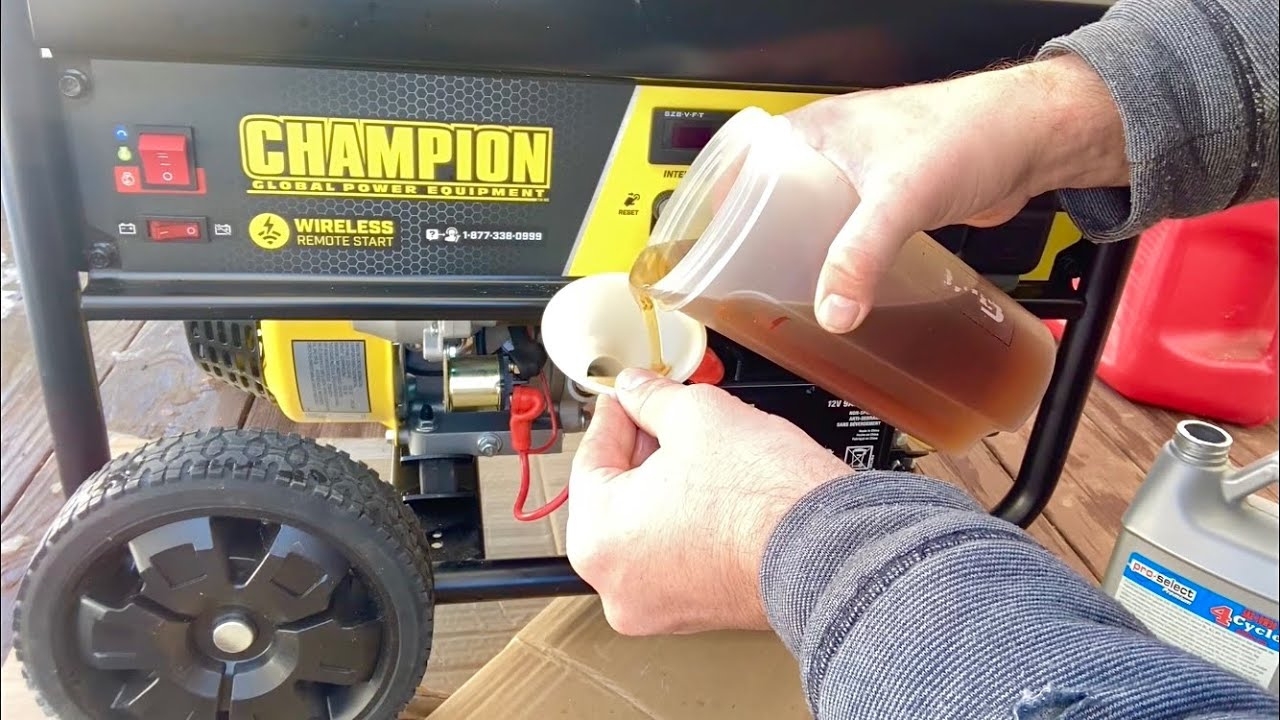10 generator mistakes that leave you in the dark
A generator can save the day when the power goes out, but only if it’s set up and maintained the right way. Too many people find out the hard way that their backup power plan wasn’t as ready as they thought.
Whether it’s a small portable unit or a whole-house system, one missed detail can mean your lights stay off while your neighbor’s hum right along. Here are the mistakes that quietly ruin reliability and leave you scrambling when you need power most.
Letting fuel go bad
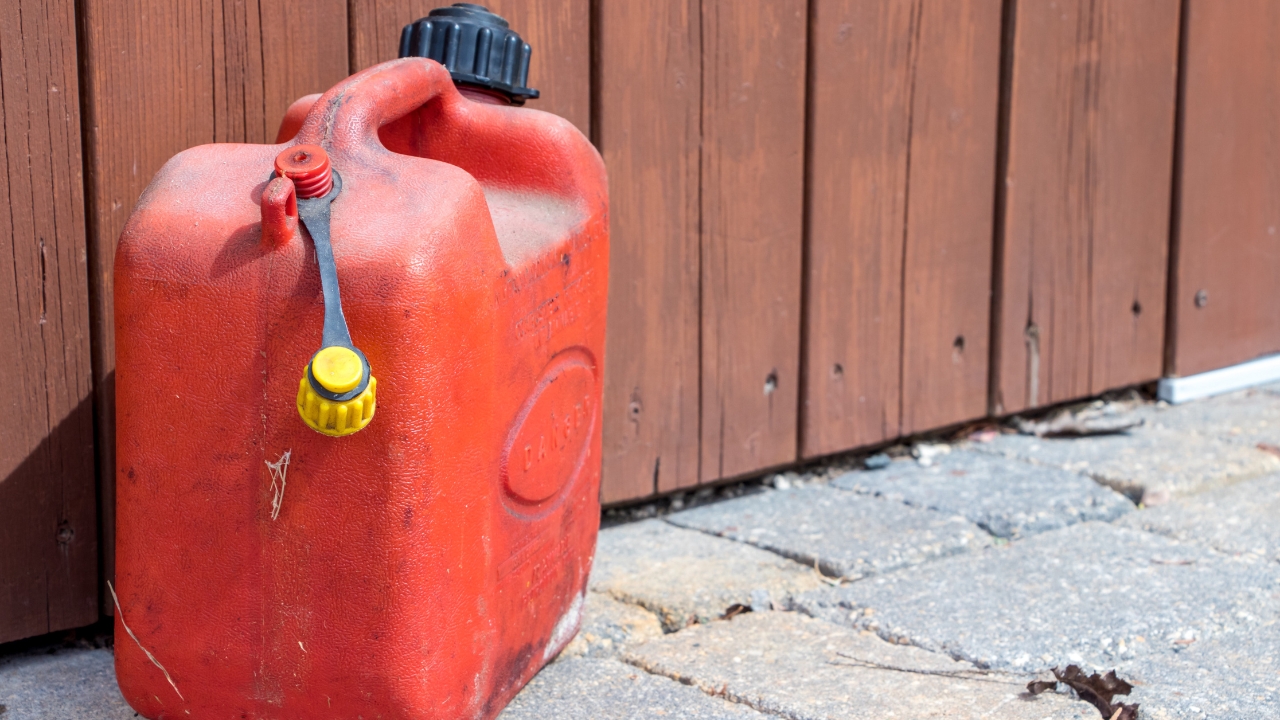
Gasoline and diesel don’t last forever. After a few months, fuel starts to break down, clogging lines and gumming up the carburetor. When the next outage hits, your generator might not even start.
Always add stabilizer to stored fuel and rotate your supply every few months. If your generator runs on propane, check that your tank is filled and the valves are clean. Fresh fuel is the first step to dependable backup power.
Skipping regular test runs
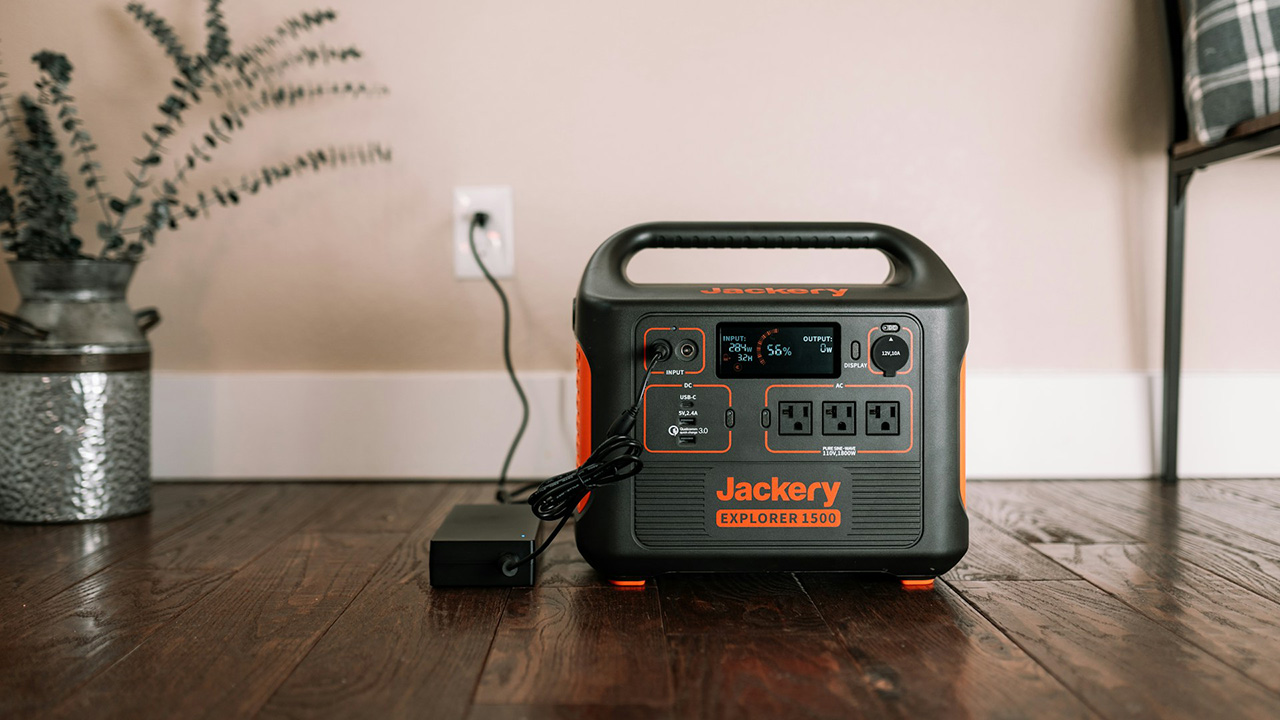
If your generator only runs during emergencies, it’s bound to fail when you actually need it. Sitting idle causes seals to dry out and parts to seize, especially if it’s stored in a damp or dusty spot.
Run your generator at least once a month for 10–15 minutes. It keeps the motor lubricated and lets you spot small issues before they turn into big ones. A regular test run also ensures you know exactly how to operate it under pressure.
Using the wrong extension cords
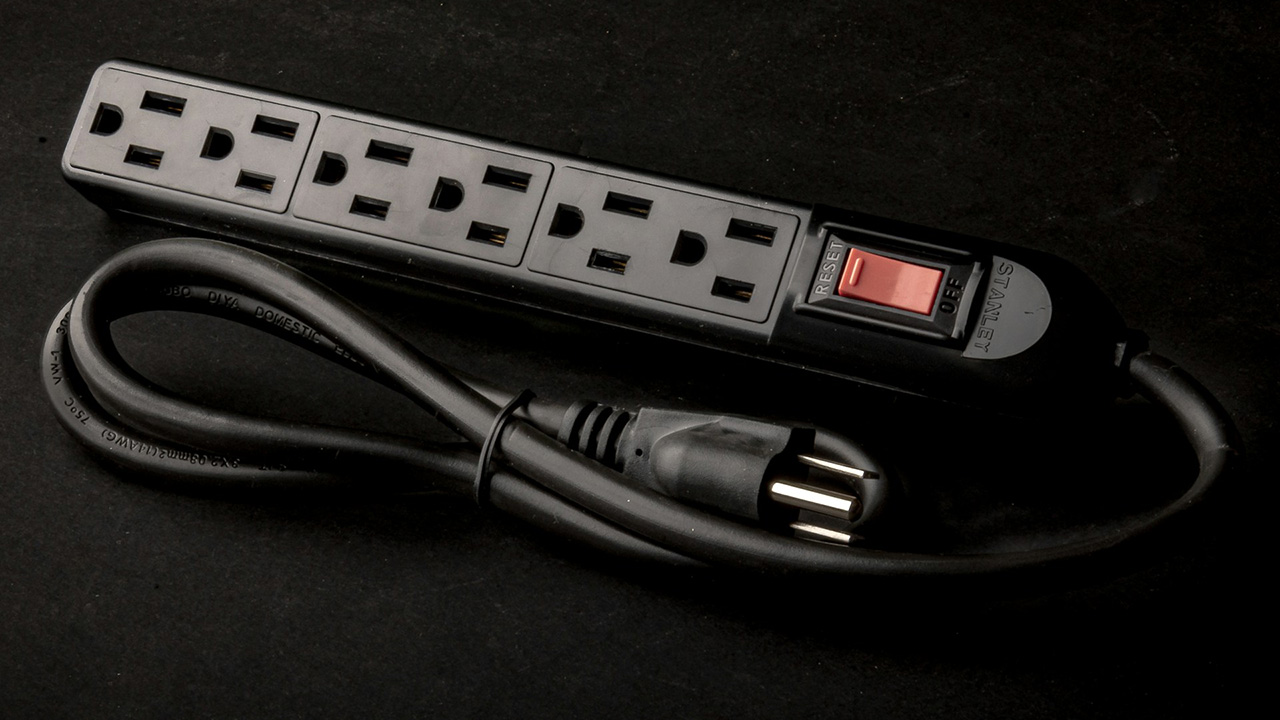
Not all cords can handle the load a generator puts out. Underrated or damaged cords can overheat, trip breakers, or even start fires. The longer the cord, the thicker the wire needs to be.
Always use heavy-duty, outdoor-rated cords designed for generators. Check for fraying or cracked insulation before every use. A $40 cord rated for the right amperage is a lot cheaper than replacing a burned-out appliance.
Running it too close to the house

Carbon monoxide is one of the biggest dangers with portable generators. Running one in a garage, carport, or even near open windows can be deadly. Exhaust fumes can fill your home in minutes.
Always operate generators outdoors, at least 20 feet from your house, with the exhaust pointed away from doors and vents. It might be inconvenient in bad weather, but safety comes first — every single time.
Forgetting to check oil levels
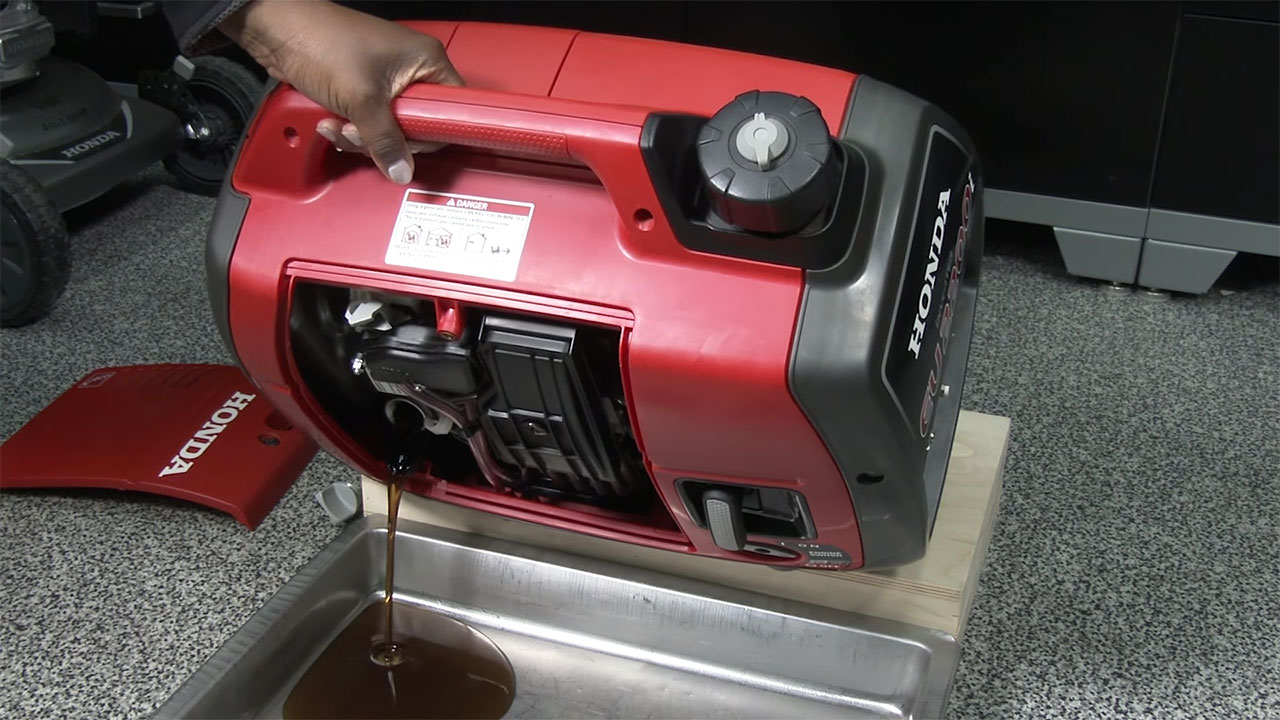
Generators burn oil faster than people realize, especially under heavy load. Running low can ruin the engine permanently. A quick check before and during use keeps that from happening.
Keep extra oil and filters on hand so you can top off as needed. Change the oil according to your manual — typically every 25 to 50 hours of use. A few minutes of maintenance saves you thousands in repairs.
Overloading the generator
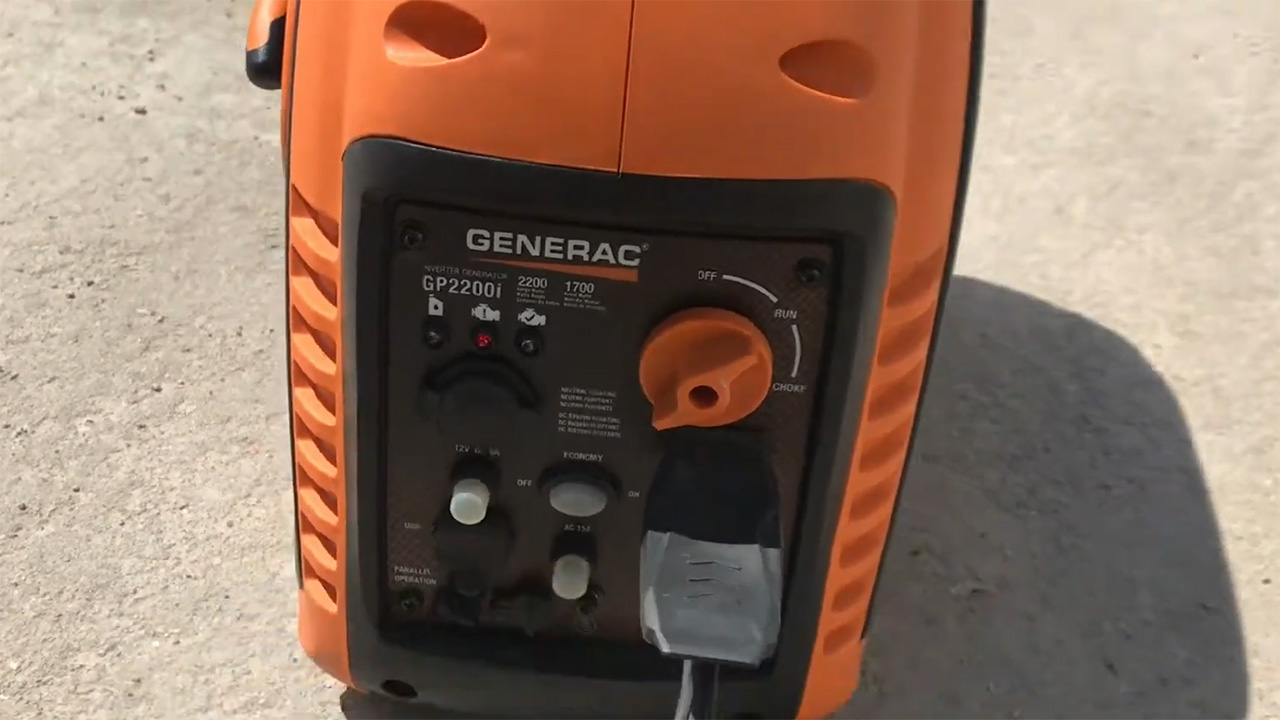
Plugging in everything at once might seem tempting, but it can fry your generator or damage your electronics. Each unit has a wattage limit, and exceeding it causes overheating and premature wear.
List out your essential items — fridge, lights, sump pump — and calculate the total draw before starting. Cycle your usage if needed. A balanced load keeps your generator running smoothly and extends its lifespan.
Skipping the transfer switch

Plugging a generator directly into your home’s outlets is dangerous and illegal in many areas. It can send electricity back through utility lines, endangering repair crews and damaging your system.
A transfer switch safely connects your generator to your home’s electrical panel. It costs a little upfront, but it keeps you compliant, safe, and able to power key circuits directly.
Storing it in the wrong place
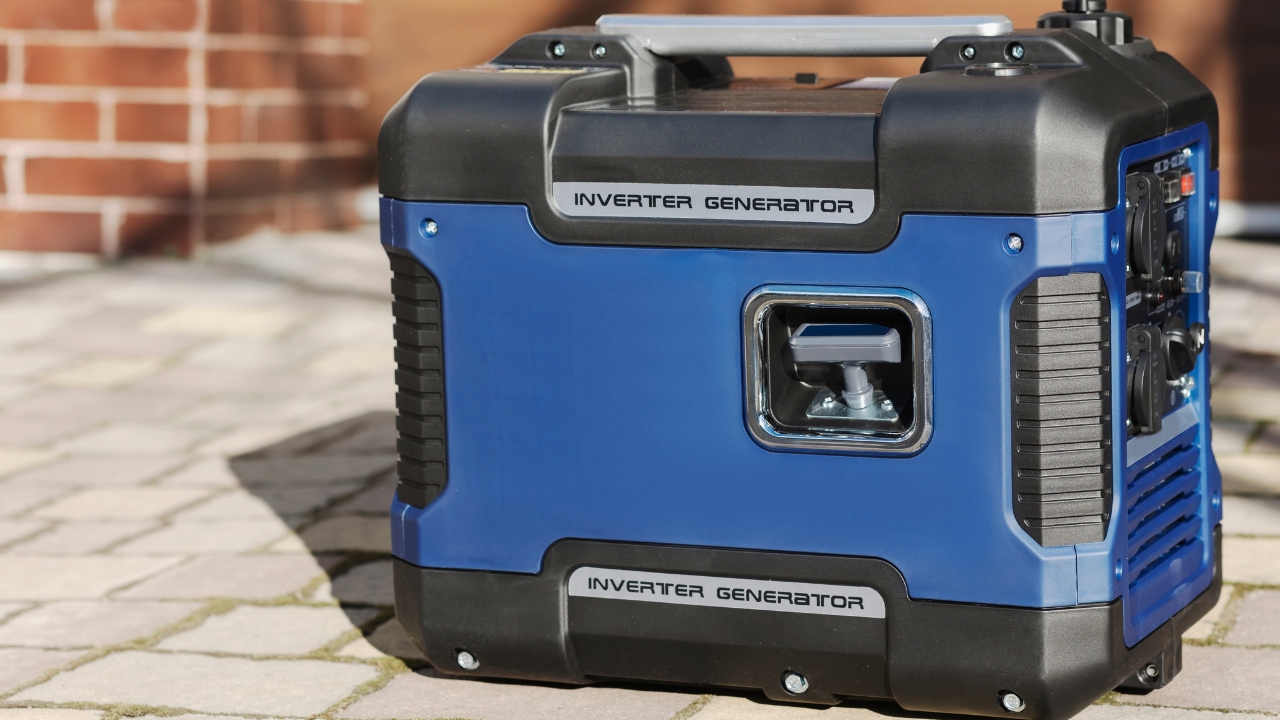
Leaving a generator outside uncovered or in a damp garage shortens its life fast. Moisture leads to rust, corrosion, and electrical problems that show up right when you need it most.
Store your generator in a dry, ventilated area and cover it with a breathable tarp or fitted cover. If you live in a humid area, consider a desiccant pack or dehumidifier nearby to prevent rust.
Ignoring air filters and spark plugs

A clogged air filter or fouled spark plug can make your generator sputter or refuse to start. These small parts get overlooked but have a huge impact on reliability.
Clean or replace filters and plugs at least once a season. They’re cheap and easy to swap out, and keeping them fresh helps your generator start faster and run more efficiently.
Not planning for refueling during long outages

If your power’s out for days, fuel availability becomes a major problem. Gas stations often lose power too, and propane deliveries can be delayed.
Keep extra fuel stored safely, and rotate it regularly. If you have a propane system, know where to refill locally before storm season hits. Having a backup for your backup ensures you’re never left in the dark for long.
*This article was developed with AI-powered tools and has been carefully reviewed by our editors.

